Sir Horace Gentleman, Horace Panter and Stephen Graham Panter are many names of a musician who was born in Croydon, August 30, 1953. Written in the first chapter of his book (Ska’d For Life), he would be very grateful if all of us did not call him by the third name, something we must understand and respect. Through these two names, we can get to know this musician as a part of pop-history, directly involved in a “movement” of youths from Coventry in the late 1970s to spread an important message through the joy of the upbeat ska, through an outstanding musical outfit called The Specials and (their musical imprint) 2Tone. As a result of the triumph of this, we can enjoy this time guest from afar with other hundreds of thousands fans in a big concert. But he can also be found sharing the same joy at gigs in small pubs. The same Horace-ness he shares, no different. This guest also works through paintings, another language of art for him. He also (had) become a teacher at a school for children with special needs. An activity that he went through with the same energy to share.
It is a great joy for us to have the words of answers from our special guest. A special interview to one of The Specials, the one and only, Horace Panter!
- To know that Fifth Dimension was the first record you buy is such a congeniality. Is there any influence from it that shapes your musical touch?
I liked The Byrds when I was growing up and this seemed such a mysterious song. I was not aware of styles in music back then – it was just a song that I liked. At that point I was not even interested in playing music; that happened a couple of years later.
- Does Lynval is the man who’s responsible for dragging you into reggae and Jamaican music?
I was asked to play music with Jerry Dammers. He had a drummer (Silverton Hutchinson) and a guitar player, Lynval Golding. I had heard Reggae but I’d never played it. I’m sure Lynval was a big influence but it was Jerry who showed me the bass lines.
- At least you should have 2 (more) “Duke Of Edinburgh Awards” for doing “War Crime” and “The Life And Times (Of A Man Called Depression) in 5/4 time signatures for reggae beats. Is there any other song you played that you think should receive another “award”?
Haha! Thanks. ‘Life and Times’ was a lot easier to play than ‘War Crimes’, but I was 40 years older and a more experienced musician. I suppose I’m known primarily by the solo on ‘Nite Klub’, which is still great to play.
- The Funk part you infused in “Jaywalker” was lovely, was it a result from training to play with confidence from your time when learning “How Long” from Ace?
I was more comfortable with playing funk back then, but Jerry wrote the bass part.
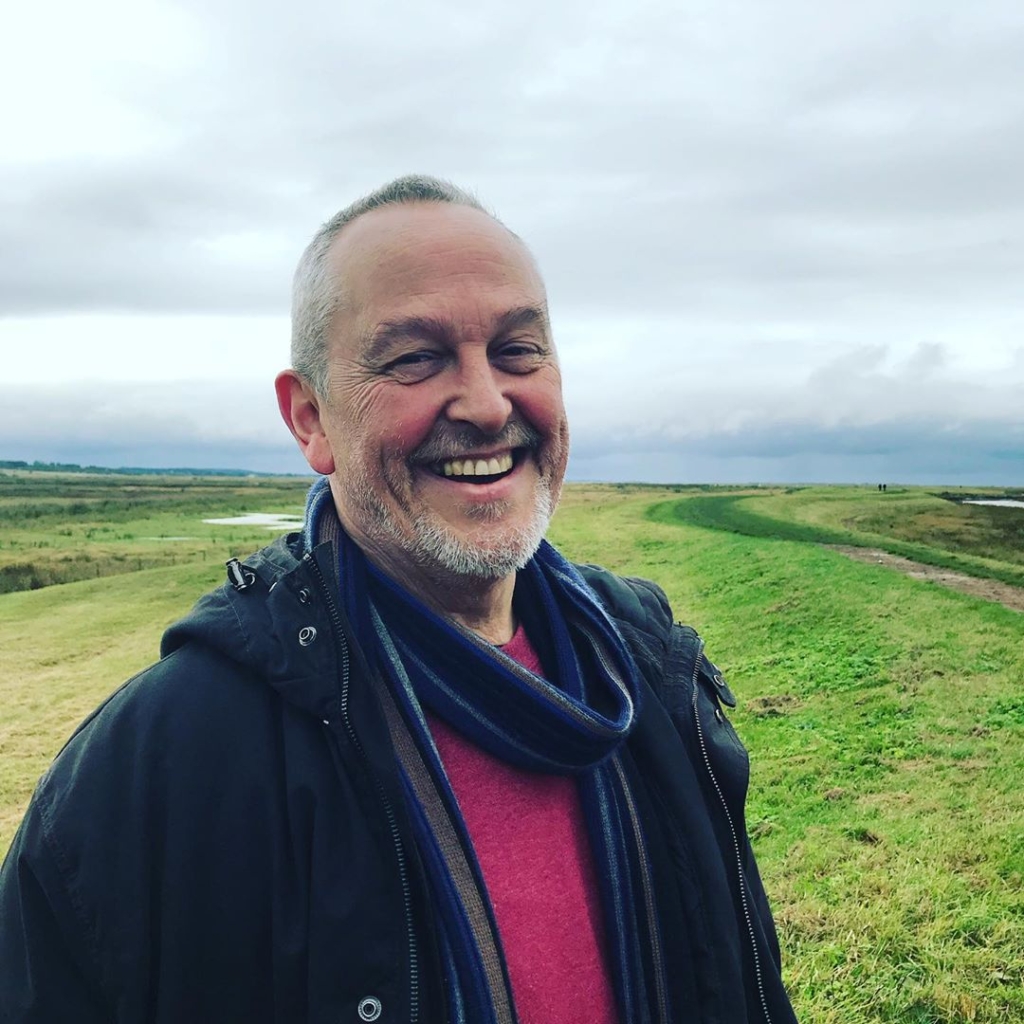
- About being a teacher, what’s your thought behind that, and why Corley Special School?
I qualified as a teacher in 1993. I had left Special Beat and there was very little music on my horizon. The MK2 Specials started in 1994 and went on until 1998 but I still taught as well as played. I ended up as the Art teacher at Corley Special School which was a school for children with autism. It was good fun, difficult sometimes, but I was able to provide for my family.
- For years, you and your art influenced lots of people. Was that the same energy you share with your pupil at Corley?
I’d like to think so
- And for about ten years teaching, you must experience and recieve different energy from the crowd as a bass player. Is there anything you are proud to learn from your pupils?
For a while I taught music too. My students learned a lot about Blues, Ska and Reggae! I used to tell them stories about how (mainly) black people expressed themselves and triumphed through music
- When you attended the art school, you mentioned (in your book) Bill Drummond is one of your fellow students. This also the same era you replace your first rosetti and your Möbius era. How do you see your youth into your recent works of art?
The pieces I’m painting now have more in common with my art practice before I attended Coventry Art School – Pop Art – the 1960s cultural scene etc. I didn’t do a great deal of painting at Coventry; I did sculpture. I did, however, learn to play a bass guitar!!
- Who or what inspired you the most in your painting works?
Oooh! Pop Art: Warhol, Lichtenstein, Peter Blake. Also Henri Rousseau and Edward Hopper – I’ve always liked bright colours.
- You said that your art is for everyone, not only for elitists. You wanted to show the history and memory as well. What’s your most favourite work that represents most of your ideas about your art?
Another difficult question! Each painting I do has to be ‘the best painting I’ve ever done in my life’ or I’ll scrap it. I do have my favourites though. I did a painting of a scarecrow that I really liked and some of the Americana pieces too: Hot Dog Stick and Frolic Room are two favourites. Also the Japanese Vending Machine series. A big list!
- Amy Winehouse was a big fan of The Specials, and you make one series for her. You also painted Cobain, The Clash and Ramones as well. In an interview you said that you only paint that connected with you. What connects you to those names above?
I was asked by The Amy Winehouse Foundation to paint a portrait of her, but she was a big Specials’ fan. She had a huge amount of soul in her voice. Kurt Cobain/Nirvana were real. I remember where I was when I first heard ‘Smells Like Teen Spirit’ – a tremendously powerful song; its impact was like hearing ‘God Save The Queen’ by Sex Pistols. We toured with The Clash in 1978. It was a life-changing experience. The Specials performance, especially back in 1979, owed a lot to how The Clash played. Give 110%… every night! The Ramones, I never saw them but I hear their influence everywhere.
- Do the dog, Too much too young, and Nite Klub are full of upbeatness, what you and John did are classic examples of deep telepathic understanding. How do you deal without John (Bradburry) in “Encore”?
Luckily, I’m able to work with Kenrick Rowe who knew Brad and who is a world-class drummer.
- Alongside with other musical infusions in Encore, there’s a highlight of dubby track on ’10 commandments’ where did it come from?
Dub was always an influence in The Specials, with our love of Reggae. (The line on ’10 Commandments’ comes from ‘Oh, no no – you don’t love me’.)
- Another signature that “Encore” brings is the spirit to make the fans keep on ‘asking questions, doubt everything before they embrace them faithfully and of course dance to it’. The messages are still relevant. Any words you can share with us about Encore?
I was very anxious about us making a record after nearly 40 years – music had changed – there was a whole load of new influences and we had all changed (improved) as musicians. We were The Specials so we couldn’t come out with a Death Metal or a Country & Western record, but we didn’t want it to sound like we were stuck in 1979. There are a lot of different influences on Encore and it was a risk, but everyone seemed to like it, luckily!
(sam)


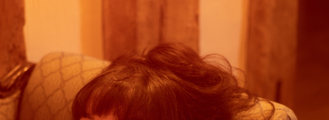
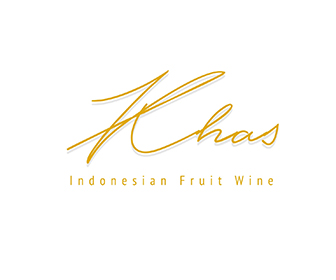
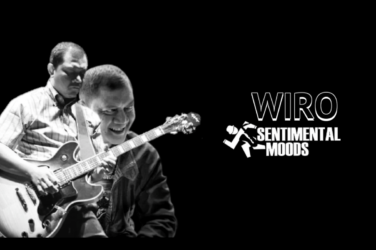
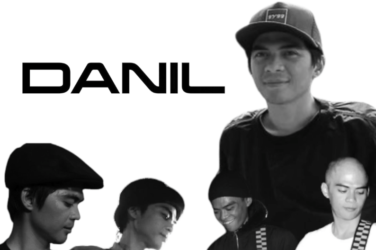

Show Comments (0)